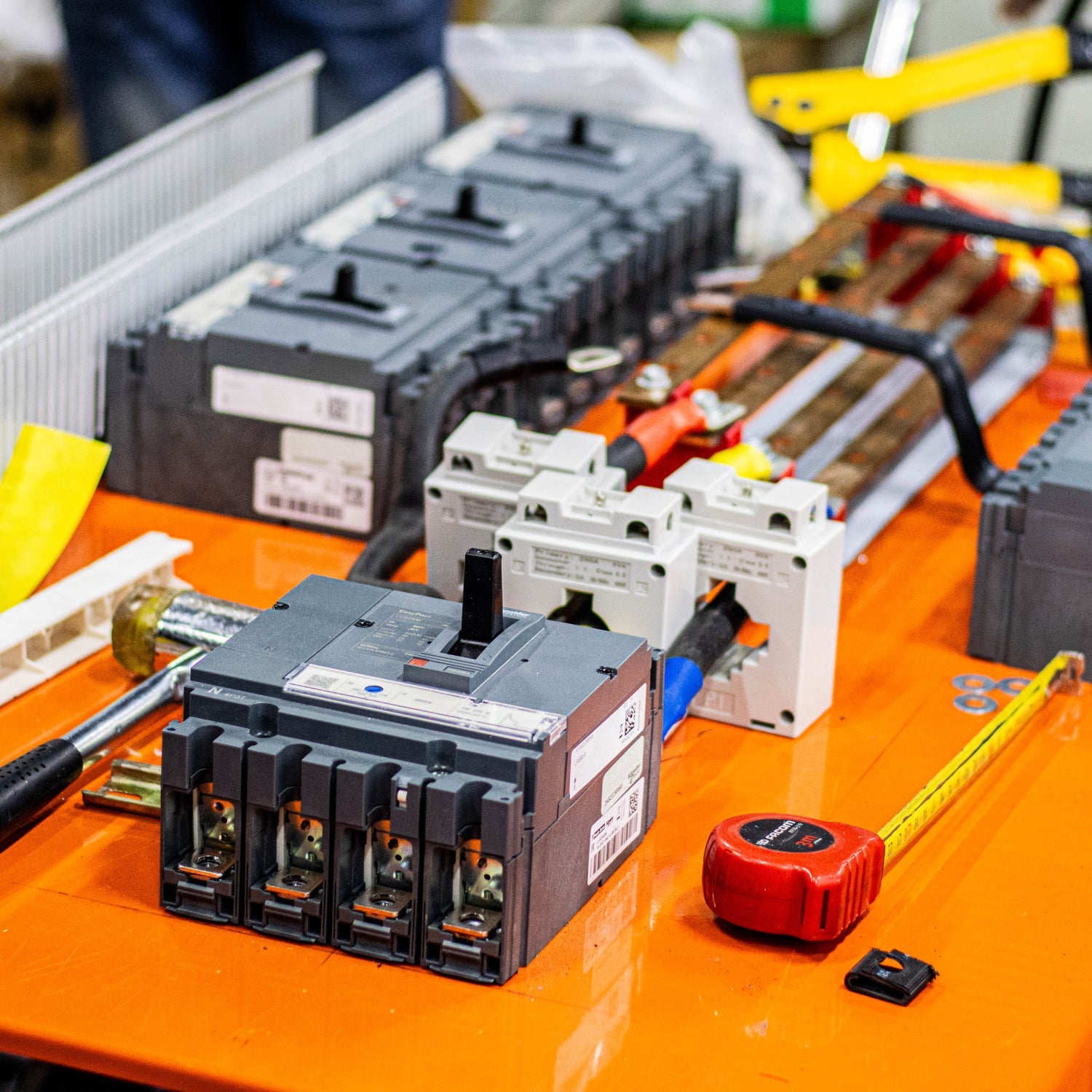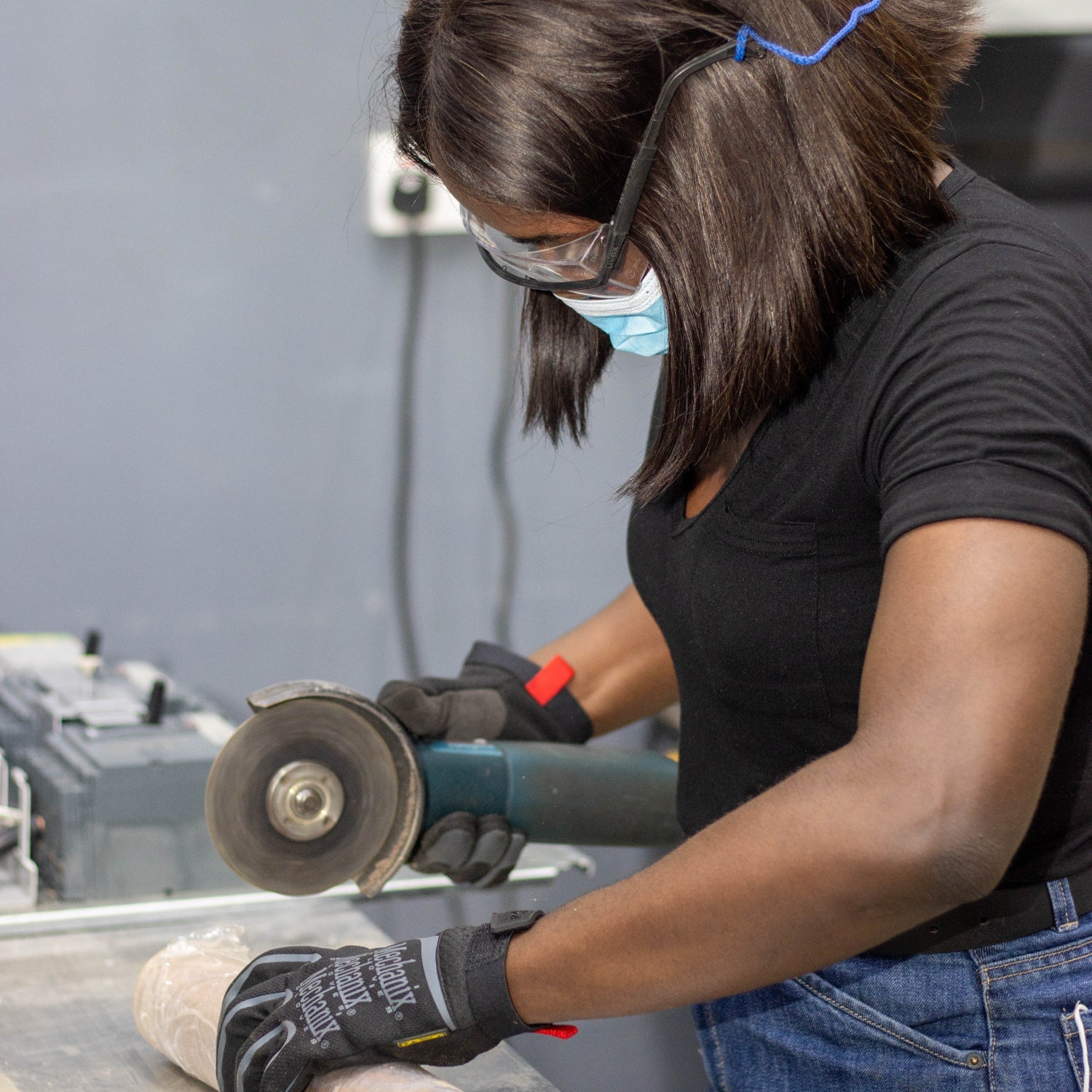Article: Circuit Breakers: Your Ultimate Guide to Electrical Safety and Fire Prevention

Circuit Breakers: Your Ultimate Guide to Electrical Safety and Fire Prevention
Have you ever wondered what protects your property from electrical damage? It’s not magic, it's the circuit breaker. This vital device is your first line of defence against electrical hazards, and understanding how it works is key to ensuring your safety.
As a trusted electrical supplier in Nigeria, we believe in providing our customers with both genuine products and the knowledge to use them safely and effectively. Let’s dive into what makes the circuit breaker a non-negotiable part of any electrical system.
What is a Circuit Breaker and How Does It Protect You?
A circuit breaker is like a safety switch for your electrical wiring. Its job is to automatically shut off the power if it detects a problem. This action is called "tripping." Unlike old fuses that had to be replaced, a tripped circuit breaker can simply be reset with a simple flip of a switch, restoring power quickly and safely.
A circuit breaker prevents two major types of dangerous electrical faults:
-
Overload (Too Much Power): An overload happens when a circuit is asked to do more work than it was designed for. A simple example is plugging too many powerful appliances into one outlet. When this happens, the circuit breaker senses the extra electricity flowing through the wires and immediately trips to prevent the wires from overheating and potentially starting a fire.
-
Short Circuit (A Sudden Surge): A short circuit is a sudden, powerful surge of electricity. This can be caused by damaged wires or faulty appliances that create an unplanned path for electricity. The circuit breaker detects this rapid surge and cuts the power in a split second, protecting your appliances and preventing serious damage.

